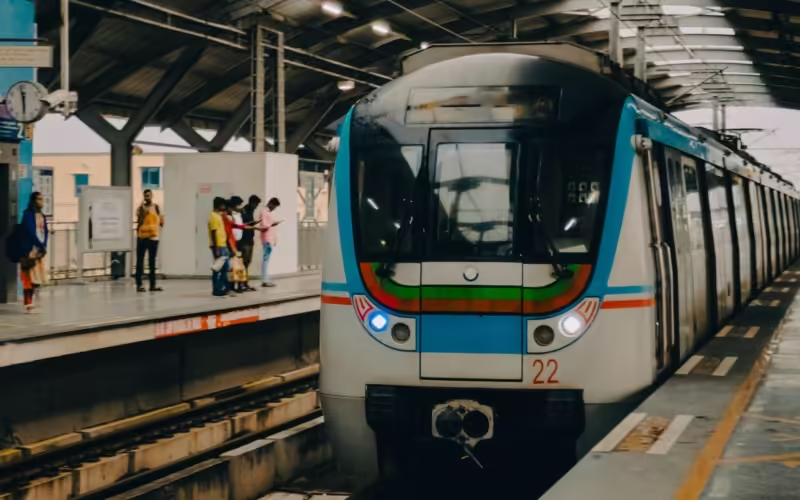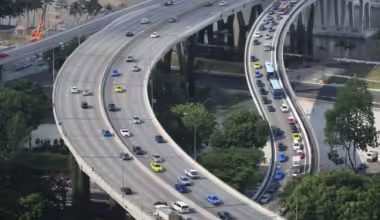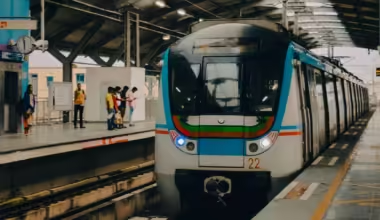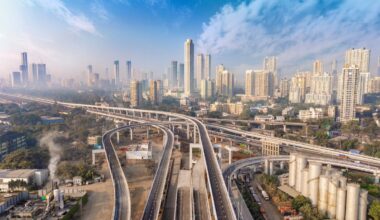The much-anticipated Kasarwadavli-Gaimukh Metro 4A route in Thane, Maharashtra, has encountered a setback, with its completion deadline pushed to April 2025. Initially slated for March 2024, the project’s delay has also resulted in a cost escalation of Rs 63 crore. The total expenditure has risen from the originally approved Rs 440 crore to Rs 503 crore, as confirmed by the Mumbai Metropolitan Region Development Authority (MMRDA) in response to a Right to Information (RTI) query.
Cost Escalation and Delays Raise Concerns
Mumbai-based activist Anil Galgali, who filed the RTI application, expressed concerns about the prolonged construction and its repercussions on commuters.
“The project is a crucial alternative for commuters using the state highway. I wanted to know the status of the project execution as I have been witnessing the work going on for a very long time, causing massive inconvenience to commuters,” Galgali told The Times of India.
According to Galgali, a penalty of Rs 22 lakh was imposed on the contractor. However, the MMRDA has not disclosed the reasons behind the delay in its official response.
Metro 4A: Part of an Ambitious Corridor
The 2.7 km-long Metro 4A route forms part of the expansive 56 km-long Metro corridor designed to connect Chhatrapati Shivaji Maharaj Terminus (CSMT) to Mira Road through four phases:
- Wadala to Kasarwadavli (Line 4): The initial phase.
- Kasarwadavli to Gaimukh (Line 4A): The current segment facing delays.
- Shivaji Chowk to Mira Road (Line 10): Future extension.
- Wadala to GPO (CSMT) (Line 11): The final phase.
Significance of Metro 4A
Once operational, the Metro 4A route will serve as a vital alternative for commuters navigating the congested state highway. The metro aims to ease travel between South Mumbai and the northern suburbs, offering seamless connectivity with interchanges along the corridor.
Commuters’ Hopes Remain High
Despite the delays and cost overruns, the project is expected to significantly improve urban mobility in Thane and Mumbai’s suburbs. With an updated timeline and increased oversight, stakeholders are hopeful for timely execution and the eventual realization of this crucial infrastructure initiative.






